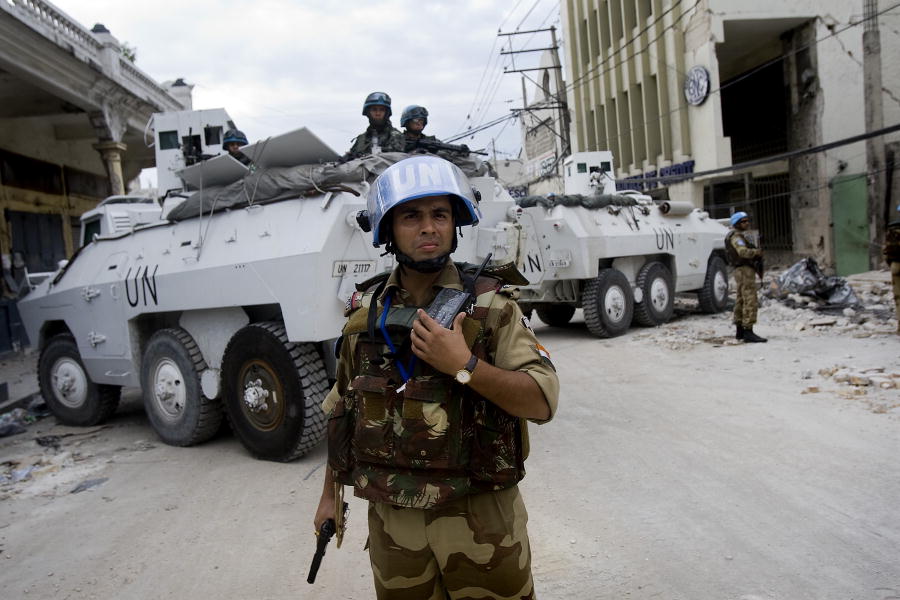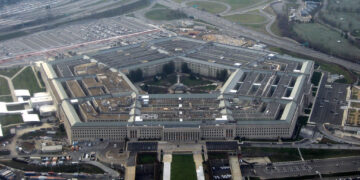Haiti has so many problems at the moment that you would need three hands to account for them all. The country has had its fair share of political turmoil over the last several decades, but nothing compares to the situation in which Haiti now finds itself.
There are at least 200 armed gangs roaming the country, with the most powerful located in the Haitian capital, Port-au-Prince. Haiti hasn’t held an election in eight years, its last president was assassinated in his home (a judge recently charged the president’s widow and a former prime minister, in addition to 50 others, in his killing), and there isn’t a single elected officeholder in the country. The United Nations estimates that at least half of the population isn’t getting enough to eat.
On top of all the political and economic problems lies a security catastrophe. Gangs, for all intents and purposes, run Haiti at this point. Last week, a new gang alliance rampaged through Port-au-Prince, attacking police stations, shooting up the airport, taking control of ports and key highways, and freeing over 4,000 inmates. One Haitian political activist interviewed by the Guardian described the seven-day onslaught of violence as “pure terror,” as if the state itself ceased to exist. That assertion isn’t far off from the truth — the security situation is so bad that interim Prime Minister Ariel Henry is in Puerto Rico trying to find a way to get back into Haiti.
Even in an ideal world where the gangs were eliminated, Haiti’s problems would continue to be there. The gangs, in fact, are as much a symptom of the disease as they are the cause. Haitian politicians have spent decades using criminal elements to do their bidding, whether it’s undermining political rivals, trying to get supporters to the polls, or stifling the vote.
More on Western Hemisphere

By Daniel DePetris and Christopher McCallion
July 2, 2025

Featuring Jennifer Kavanagh
June 11, 2025

Featuring Edward King
June 3, 2025




